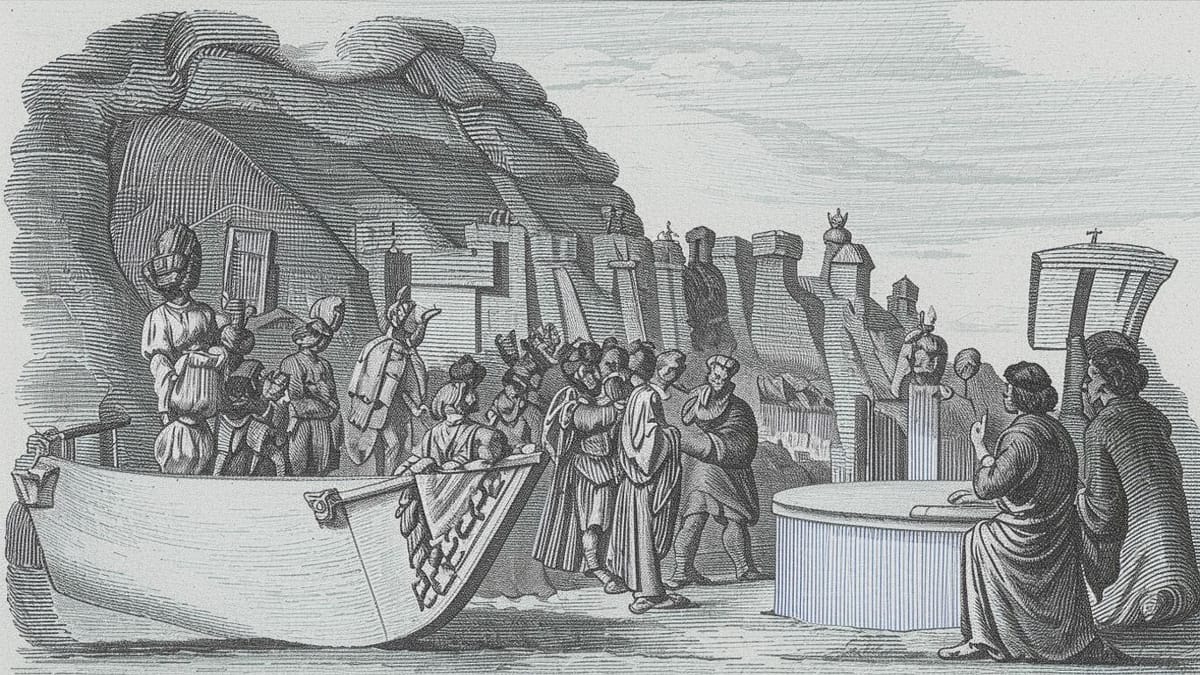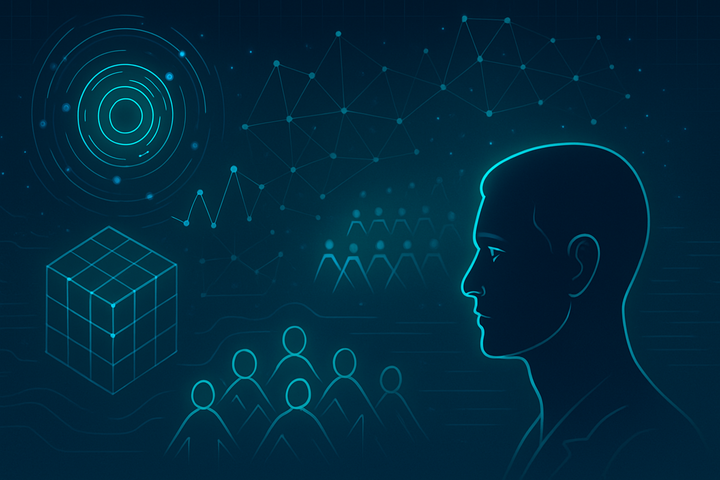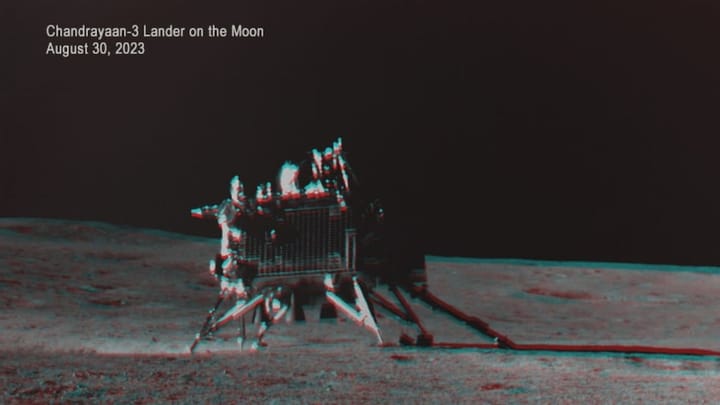Can History Become a True Science?
What do we struggle to achieve by building psychohistory?

Since the days of Herodotus, history has primarily focused on describing past events. However, this description is inherently subjective and often manipulated to serve the interests of those who fund historical research. Unlike the natural sciences, history has been subject to constant pressure from political forces, making it a tool for shaping narratives rather than uncovering objective truths.
Attempts to politicize natural sciences, such as the creation of Aryan science in 1930s Germany, failed because they could not produce practical results. While modern sciences are not entirely free from political influence, their value is undeniable due to their predictive power and practical applications.
In contrast, the constant refinement of historical details only leads to an ever-growing database of events from which no meaningful conclusions or predictions can be drawn. The classic adage that "history teaches us nothing" is not just a reflection of human folly but a statement about the limitations of history itself. History, as it stands today, is a collection of dates, facts, and events loosely connected by speculative cause-and-effect relationships. It cannot provide a reliable analogue for understanding contemporary events or predicting the future.
The Path to a Scientific History
Modern history is akin to medieval alchemy: a field that has accumulated empirical data but has not synthesized it into a working science. In the early modern period, disciplines like physics, astronomy, and chemistry underwent revolutionary transformations that turned them into the rigorous sciences we know today. These fields are characterized by their reliance on experiment or observation and theoretical descriptions expressed through mathematical frameworks.
The obvious argument against transforming history into a rigorous science is the perceived impossibility of conducting controlled experiments. However, this objection can be countered in two ways. First, passively rejecting the modernization of history is counterproductive and does nothing to enhance our knowledge. Human nature drives us to seek patterns in the world around us, and unexplained phenomena can be psychologically unsettling. Second, there is a well-established natural science that faces a similar challenge but still achieves practical results: cosmology. Cosmologists rely heavily on observations, theoretical models, and virtual experiments to advance their understanding of the universe.
Towards Predicting the Future
The ultimate goal of a new, scientific approach to history should be the ability to predict the future of large populations. Just as the development of physics enabled humanity to harness immense natural forces, applying historical laws could radically transform our lives. Understanding the underlying principles that govern societal development would allow us to move beyond trial and error in social planning, leading to a future where conscious, informed decisions shape the course of history.
By reconstructing history as a system of knowledge and turning it into a science akin to the natural sciences, we can hope to achieve a true understanding of human society and its future. This transformation could have revolutionary consequences, fundamentally changing the political landscape and how we approach societal development.



Comments ()